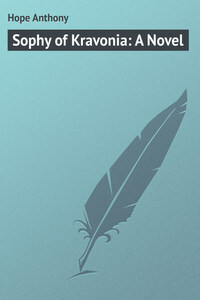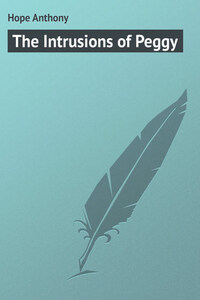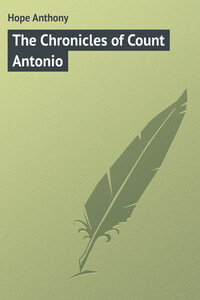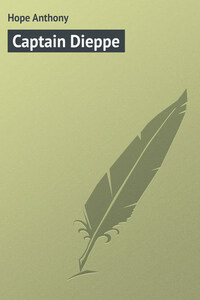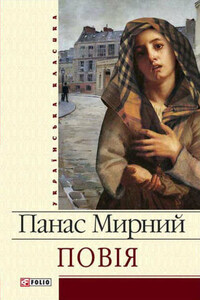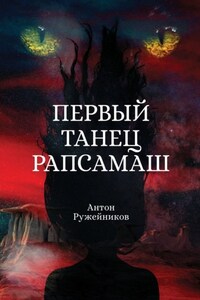The following narrative falls naturally into three divisions, corresponding to distinct and clearly marked periods of Sophy's life. Of the first and second – her childhood at Morpingham and her sojourn in Paris – the records are fragmentary, and tradition does little to supplement them. As regards Morpingham, the loss is small. The annals of a little maid-servant may be left in vagueness without much loss. Enough remains to show both the manner of child Sophy was and how it fell out that she spread her wings and left the Essex village far behind her. It is a different affair when we come to the French period. The years spent in and near Paris, in the care and under the roof of Lady Margaret Duddington, were of crucial moment in Sophy's development. They changed her from what she had been and made her what she was to be. Without Paris, Kravonia, still extraordinary, would have been impossible.
Yet the surviving history of Paris and the life there is scanty. Only a sketch is possible. A record existed – and a fairly full one – in the Julia Robins correspondence; that we know from Miss Robins herself. But the letters written from Paris by Sophy to her lifelong friend have, with some few exceptions, perished. Miss Robins accounts for this – and in view of her careful preservation of later correspondence, her apology must be accepted – by the fact that during these years – from 1866 to 1870 – she was constantly travelling from town to town and from lodging to lodging, as a member of various theatrical companies; this nomadic existence did not promote the careful and methodical storage of her letters. It may, of course, be added that no such obvious interest attached to these records as gathered round Sophy's doings after she had exchanged Paris and the Rue de Grenelle for Slavna and the Castle of Praslok.
When this migration has been effected, the historian is on much firmer ground; he is even embarrassed sometimes by the abundance of material of varying value. Apart from public records and general memory (both carefully consulted on the spot), the two main sources flow from Sophy's own hand. They are the Robins correspondence and the diary. Nearly to the end the letters are very constant, very full, very instructive; but they are composed with an obvious view to the tastes and interests of their recipient, and by no means always devote most space to what now seems of greatest interest. In one point, however, Miss Robins's tastes prove of real service. This lady, who rose to a respectable, if not a high, position as a Shakespearian actress, was much devoted to the study of costume, and Sophy, aware of this hobby, never omits to tell her with minute care what she herself wore on every occasion, what the other ladies wore, and what were the uniforms, military or civil, in which the men were arrayed. Trivial, perhaps, yet of great value in picturing the scenes!
In her letters Sophy is also copious in depicting places, houses, and landscapes – matters on which the diary is naturally not so full. So that, in spite of their great faults, the letters form a valuable supplement to the diary. Yet what faults – nay, what crimes! Sophy had learned to talk French perfectly and to write it fairly well. She had not learned to write English well or even decently; the letters are, in fact, a charnel-house of murdered grammar and broken-backed sentences. Still there emerge from it all a shrewdness and a rural vigor and raciness which show that the child of the little Essex farm-house survived in the writer.
But for this Kravonian period – the great period – the diary is the thing. Yet it is one of the most unconscientious diaries ever written. It is full of gaps; it is often posted up very unpunctually; it is sometimes exasperatingly obscure – there may be some intention in that; she could not tell into what hands it might fall. But it covers most of the ground; it begins almost with Sophy's arrival in Slavna, and the last entry records her discovery of Lord Dunstanbury's presence in Kravonia. It is written for the most part in French, and she wrote French, as has been said, decently – nay, even forcibly, though not with elegance; yet she frequently relapses into English – often of a very colloquial order: this happens mostly under the influence of anger or some other strong emotion. And she is dramatic – that must be allowed to her. She concentrates her attention on what she conceives (nor is her instinct far out) to be her great scenes; she gives (or purports to give) a verbatim report of critical conversations, and it is only just to say that she allows her interlocutors fair play. She has candor – and that, working with the dramatic sense in her, forbids her to warp the scene. In the earlier parts of the story she shows keen appreciation of its lighter aspects; as times grow graver, her records, too, change in mood, working up to the tense excitement, the keen struggle, the burning emotions of her last days in Kravonia. Yet even then she always finds time for a laugh and a touch of gayety.
